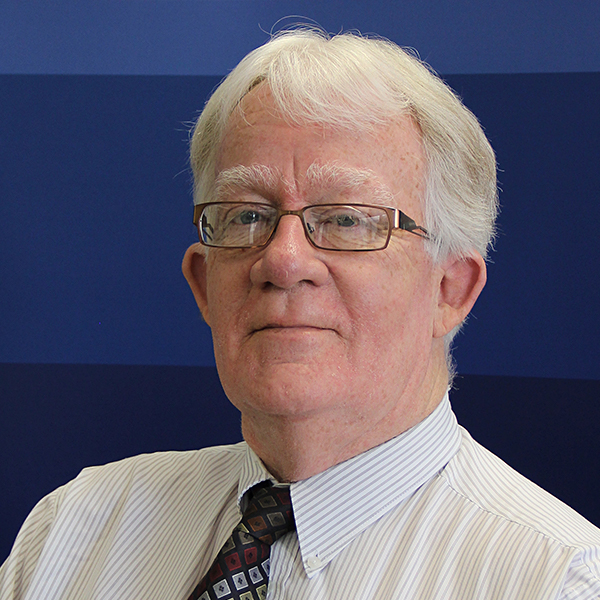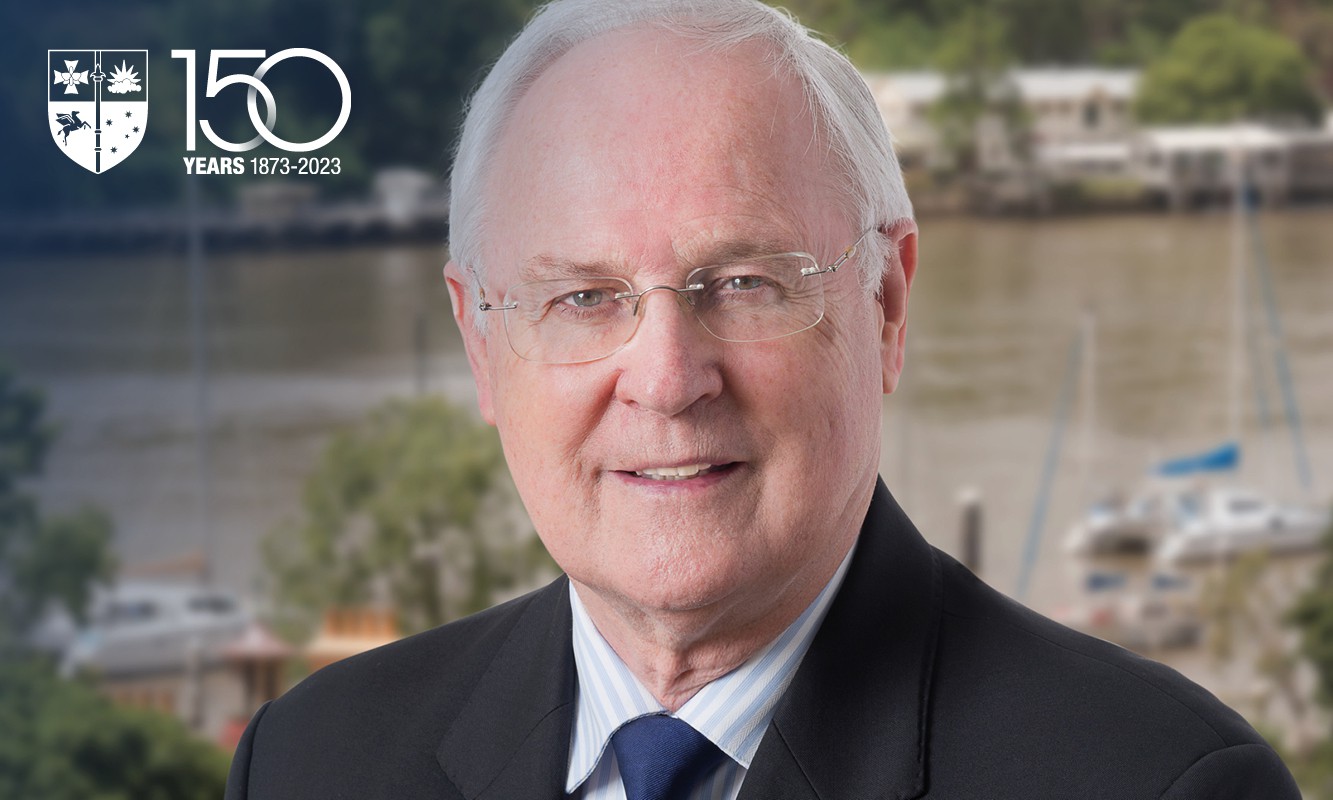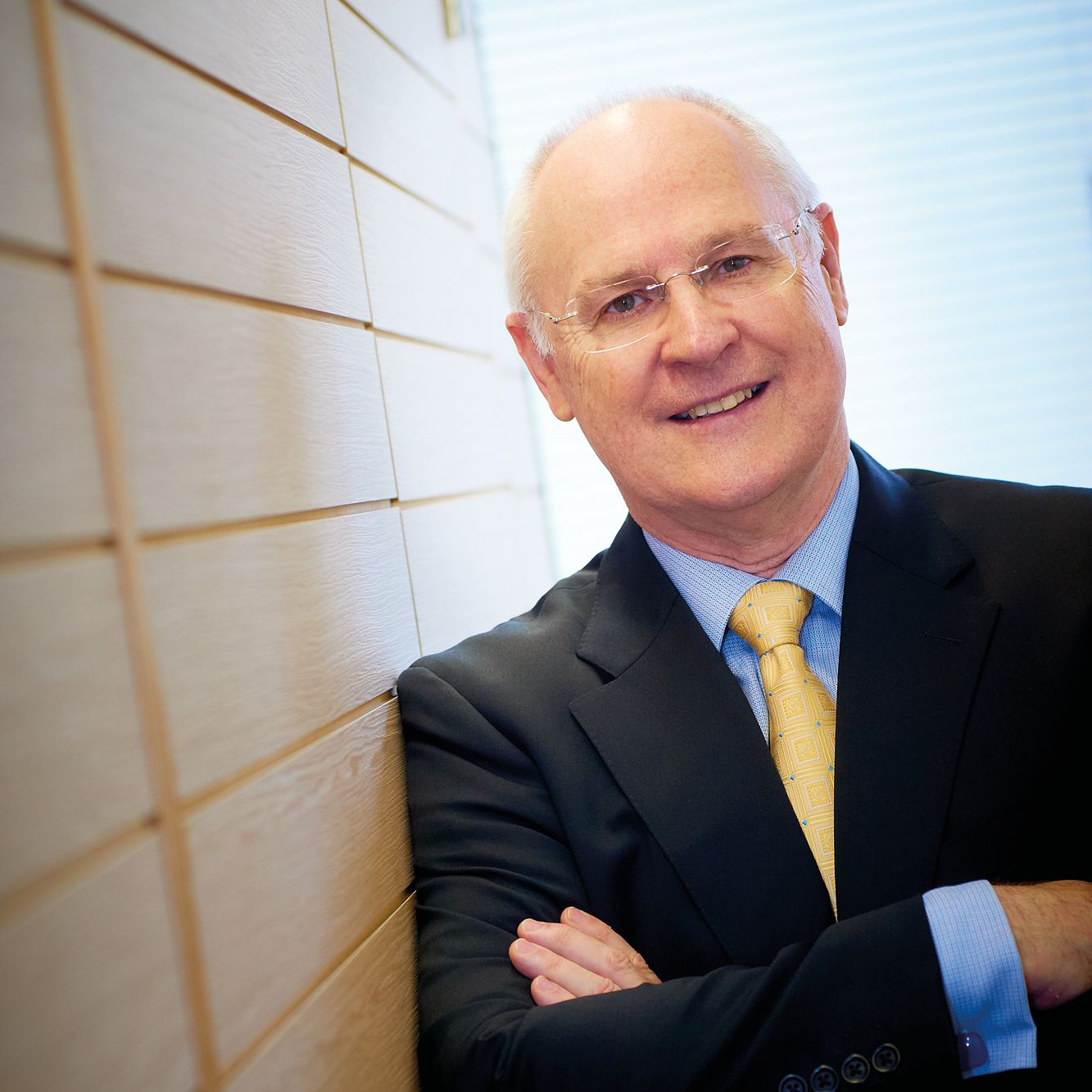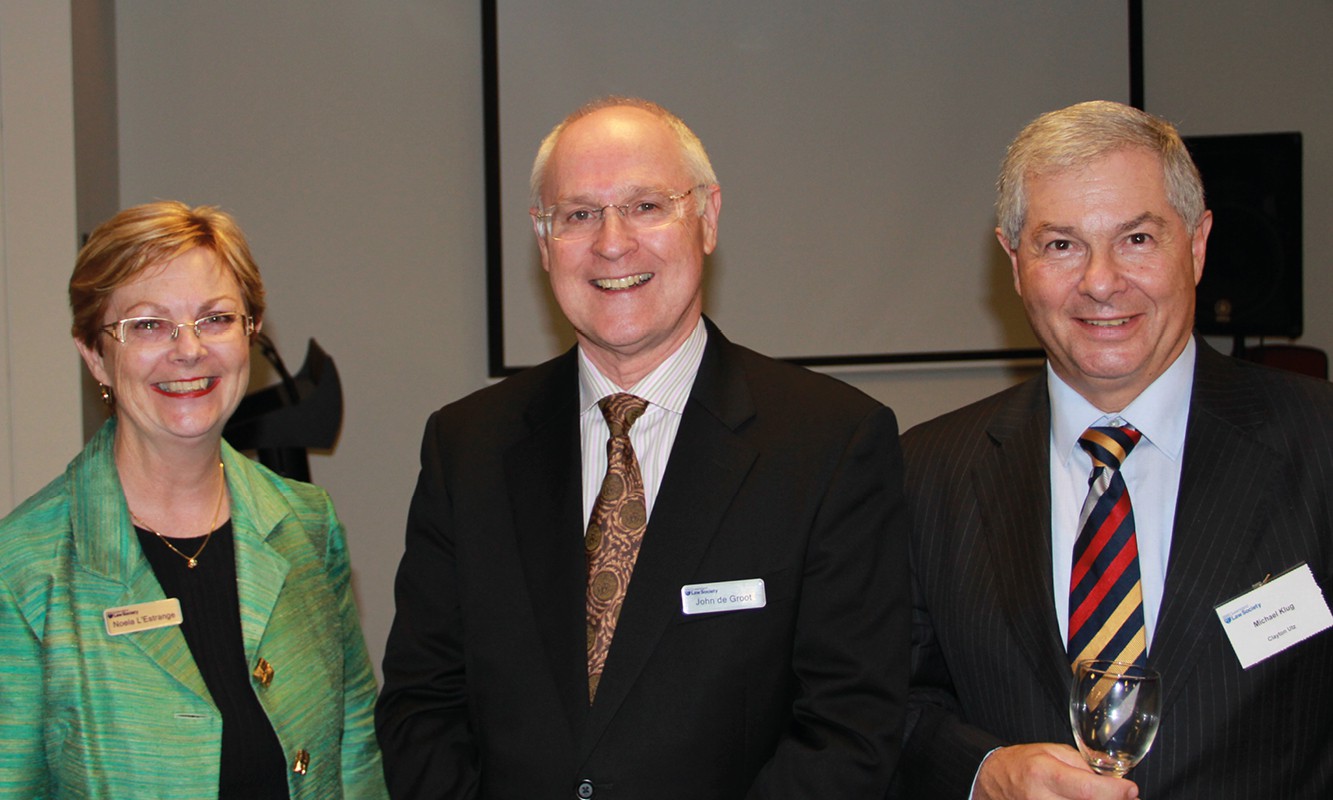Just over a decade ago, a proposal for National Legal Profession Reform was a major concern for the Queensland profession.
While New South Wales and Victoria eventually adopted a uniform profession model, Queensland rejected it.
The 2012 Queensland Law Society President Dr John de Groot was closely involved in evaluating and considering the proposal. Although the concept was generally welcomed, and favoured by larger firms, Queensland’s rejection was based on several factors, including duplication of regulation, additional red tape and extra costs that would impact all firms and provide actual benefits to few.
“On the analysis we had done of the draft legislation, there were a number of issues that we considered to be flaws,” John said.
“I had hoped that a united front by Queensland, New South Wales and Victoria would persuade the proponents to address the concerns we had. For whatever reason, New South Wales and Victoria proceeded with the scheme.
“At the time, I recall being interviewed by The Australian newspaper about our position. I stressed that we agreed in principle with the proposal but wanted certain issues (which I told the journalist about) to be addressed before we were okay in committing to it.
“It was a considerable disappointment when I was characterised the next day as a person lacking vision for the profession.
“Our Chief Justice at the time, the Honourable Paul de Jersey KC AC, came out in agreement with the position that Queensland Law Society had adopted, but he did not receive any criticism in the press for his views!
“I am pleased that we resisted the pressure to join a uniform profession scheme that was not a good model or appropriate for us. I do hope that we will continue to be vigilant in what we accept or do in that regard.”
John de Groot’s association with QLS began just after he entered the profession.
“It was in my first or second year in practice,” he said. “I was invited as a junior member of the profession to join a committee considering marketing issues. Rob Hill chaired the committee and around that time; he was President of the Society. I think Gerry Murphy was also President around then, and I recall how active and involved they both were in the affairs of the Society. To me, they were very much the face of it at that time.”
One initiative that John was very actively involved in was specialist accreditation for succession lawyers.
“It was something that I was very actively involved with from the outset,” he said. “I was invited to chair the committee to set up the criteria and the assessment approach.
“It was quite a lot of work in those initial stages and I continued to chair the committee until shortly before beginning my term as President.
“Another issue that occurred during my term was the need to seek a common view with the Legal Services Commissioner of the time on the approach to lawyers’ obligations and rights in respect of legal fees. I was of the view that it was important that there be a shared view on these issues between the Legal Services Commission and QLS, and some progress was made during my term.”
Personal injuries litigation also came under considerable scrutiny during his term as President.
“We robustly defended the position that operated in Queensland and were able to provide compelling evidence of the effectiveness of the Queensland approach,” he said. “I believe that as a result, Parliament was satisfied to effectively leave things as they were.”
John said self-regulation had been a feature of many professions for a long time.
Although part of that self-regulation was removed when the Legal Services Commission was established, he was keen to ensure other aspects were retained and not reassigned elsewhere, for example, trust account regulation, issuing of practising certificates, and administration and maintenance of the Fidelity Fund.
“I know there were some calls for us to hand over as much as possible to the Legal Services Commissioner, who apparently was agreeable to that, but I was pleased that the Council agreed we should maintain as much self-regulation as we then had,” he said.
John said he liked to think he contributed to QLS and the legal profession generally in ways that supported the benefits which a good quality profession provided to society as a whole.
“That sense of operating with a spirit of public service is a very important part of being a member of the profession,” he said.
2012 President Dr John de Groot with then CEO Noela L’Estrange and Michael Klug of Clayton Utz.
He was also grateful he was able to find the time to contribute in areas outside of the profession, particularly the Queensland Community Foundation (QCF), which he chaired for 10 years.
“They were a very fulfilling 10 years, but quite demanding time-wise,” he said. “I shared with our former Premier, Mike Ahern (my predecessor chair of QCF), the view that QCF was a great piece of social infrastructure for Queensland, supporting, as it did and has done for a number of decades now, Queenslanders in need and charitable work in Queensland generally.
“I was able to introduce the annual giving of a range of philanthropy awards at a special luncheon, starting the idea of Philanthropy Week to celebrate philanthropy in our state.”
John is pleased these initiatives have continued and developed.
Today, John says he is still enjoying the practice of law and had recently re-joined the QLS Specialist Accreditation in Succession Law Advisory Committee.
“I’m also pleased to have a continuing association with QCF (though I’m no longer a member of the Board of Governors), working to ensure the continuation of the WA Lee Equity Lecture, which was an initiative of and has been supported by QCF since its inception.
“I’m delighted that this year’s lecture will be delivered by our Chief Justice, the Honourable Helen Bowskill KC.”
There are other impressive achievements on John’s résumé.
He has written several definitive publications on succession law, including Wills Probate and Administration Practice (Queensland) and Family Provision in Australia, which he co-authored with Bruce Nickel.
He is an Adjunct Professor at the TC Beirne School of Law at the University of Queensland, and has also held the post of Director of Legal Practice of the Law Faculty at the Queensland University of Technology.
He is a member of the International Academy of Estate and Trust Law, which has members from 41 countries, and has been recognised by Doyle’s Guide as one of Queensland’s leading lawyers in wills, estates and succession planning for five consecutive years – 2018-2022.
John Teerds continues to contribute to QLS Proctor after retiring earlier this year as managing editor.










Share this article